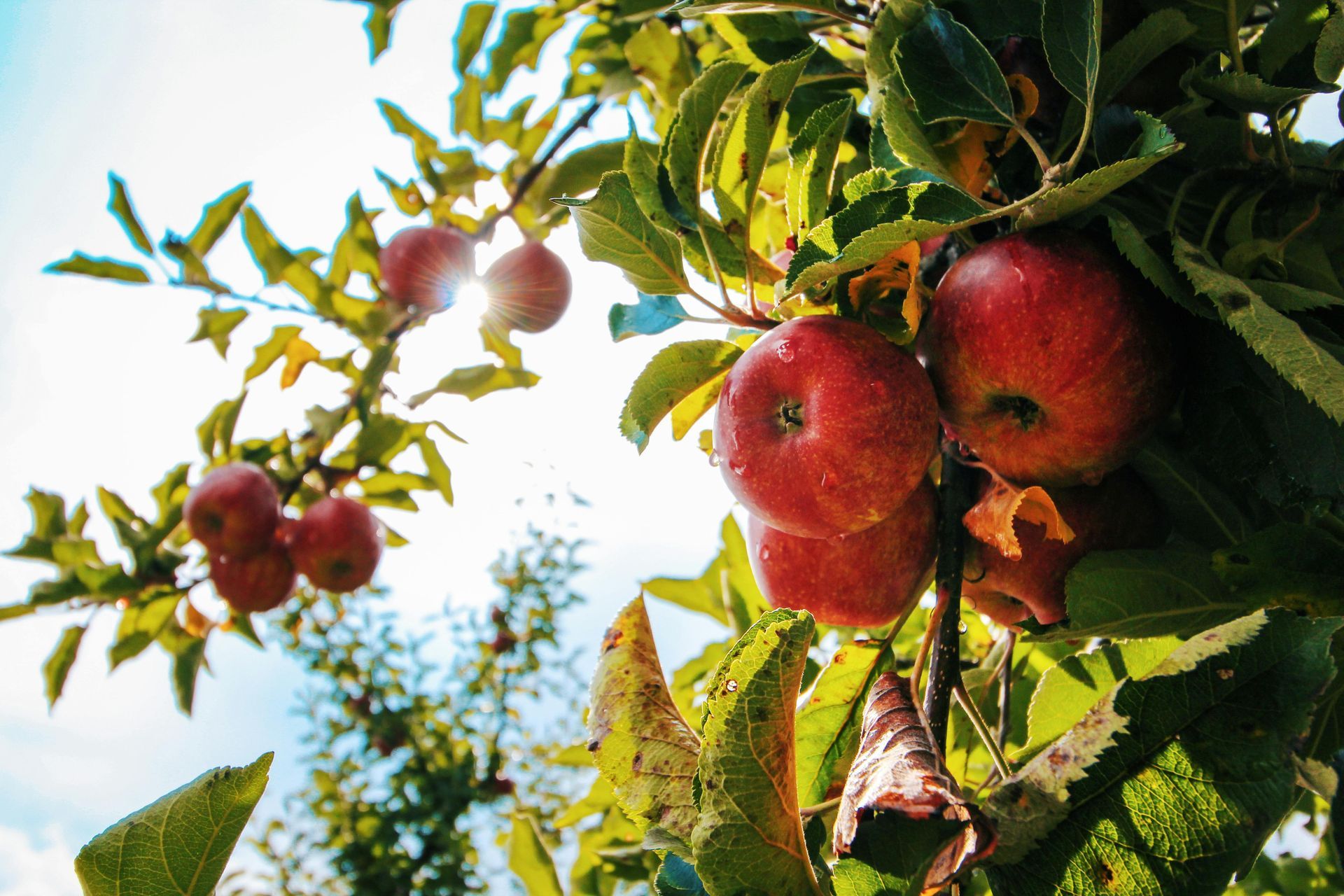I'm a stress head - get me out of here
Judy Claughton • November 7, 2018
On international stress awareness day, we share some tips and ideas to help you - understand and get out of - the stress in your head.

Do you ever have the feeling that stress is consuming all your thoughts and making it hard to focus?
Do you feel like constant stresses make you a prisoner to your own thoughts and anxieties?
With international stress awareness day today November 7th, the media spotlight is falling on mental health and stress.
Stress is too often seen as an admission of failure or excuse for not getting something done, but the truth (here comes the science bit) is that stress is a natural physical reaction. You may even be familiar with the term ‘positive stress’ and how it helps you achieve more.
Our brain produces stress hormones to prepare us in times of danger and these surge into our body to prepare us to fight or flee They are produced by a part of the brain called the amygdala which is one of the ‘oldest’ parts of our brain (in evolutionary terms) – this was the part of our brains that kept our distant ancestors alive as the more cognitive functions of our brains developed over thousands of years. Now, all kinds of stresses – not just life-threatening stress – trigger these stress hormones into our brain and body. Adrenaline, cortisol and norepinephrine surge into our bodies as stress prepares us to take-action – if we don’t use or release these we can ‘freeze’ or have these stress hormones build up in our body – leading to a range of health problems.
Adrenaline does eventually dissipate naturally but cortisol and norepinephrine can only be released through physical exercise or calming your mind – such as through meditation and mindfulness.
If you don’t release these stress hormones your body and brain is physically making it harder for you to concentrate, causing blood sugar levels to rise, causing a build-up or cortisol around your heart which can lead to stroke, irregular blood pressure (usually higher but in some people your genetics and other factors will lead this to fall) – cortisol has also been linked to obesity, chronic inflammation and reduced immunity. Stress symptoms can include chest pain, increased heartbeat, headaches, fatigue, insomnia, muscle or joint pain, increased or decreased appetite and sex drive and struggling to regulate feelings of anger, sadness and irritability.
According to a study from the University of Maryland Medical Center, US, chronic stress impairs the ability to concentrate and increases the risk of accidents. Stress also leads to decreased cognitive function as it decreases brain cells linked to learning and memory. Pst traumatic stress disorder (PTSD has been seen to decrease the hippocampus (this part of your brain linked to learning and memory) by up to 8 per cent. The good news is that decreasing stress through a fitness regime for body and mind – will see this part of your brain rejuvenate and new cells and new neural path ways between our left and right hand hemispheres grow.
So how can you learn to manage stress better in your life?
The secret is to strive for balance physically and mentally – building in physical exercise to help release these stress hormones and to develop calming, mindfulness and meditative practices to both release the stress hormones and grow the part of your brain linked to focus, learning, memory and aging – you literally grow your brain to both think and become younger!
You may have heard some of these stress busting benefits of mindfulness meditation but wondered if it is really for me? Perhaps you have tried an app or class once and then thought ‘Oh I can’t do this – I can’t get my mind to switch off’…
Be reassured! Harvard Research in 2010 shows that the average person thinks about what is NOT happening now almost 50% of the time – and what’s worse is that this ‘wandering mind’ and automatic pilot doesn’t make us happy.
Mindfulness meditation isn’t a panacea – like exercise it is something that helps you by practicing regularly and building up over time. You can’t expect to be at the peak of physical fitness with one circuit class once a year. Mindfulness, just like exercise – is simply in its premise – but not always easy to do – but both always have a positive impact on your body (and mind).
Here are some ways you can try mindfulness right now:
- Stop what you are doing and pause to notice your breath. We aware of the movement of your body. Where is your breath most noticeable in your body? In your chest? Your neck? Your nose? Just spend a few moments becoming aware of this movement, and this sense of reconnection with your body.
- Extend this by now pausing to deepen your breath, allow your breath to deepen on the way in and follow your breath all the way out of your body. As your breath deepens notice if the movement shifts from your chest to your diaphragm or abdomen as you breathe in and out.
Notice how you feel now after just a few moments of pausing and observing your breath.
Here are couple of other mini mindfulness meditations to try:
- Body scan: Pause to pay attention to your body one part of you at a time, whether you are lying in bed trying to sleep, sat at your desk pausing between tasks or stood in a queue, just take a moment to observe each part of your body in turn, paying attention to how you feel as you observe the temperature, comfort or discomfort, thoughts and judgements about and physical sensations within your body. Become aware how this act of focusing helps to still your thoughts about what has happened in the past and what you need to do in the future.
- Picture a colour that makes you smile: Pause to think of your favourite colour and all of the things about that colour and objects of that colour that make you smile. Focus on the different shapes, textures and memories and allow yourself a moment of colourful calm.
- Positive affirmations and mantras: You can repeat a positive phrase or mantra to help you to find calm and build a strength and resilience to a particular stressful situation. What quality would help you face a current challenge with more ease? Strength? Patience? Compassion? Kindness? Resilience? Happiness? Peacefulness? Invite this quality or several in with a mantra – you can say this silently in your mind or out loud: e.g. “I am happy. I am strong. I am calm”. Repeat this nine times and then carry on with your day.
To explore more of how mindfulness meditation can help you reduce stress, check out our classes and retreats.
For regular mini tips to help you follow www.facebook.com/timefor
balance
and www.instagram.com/hellobalancetime









